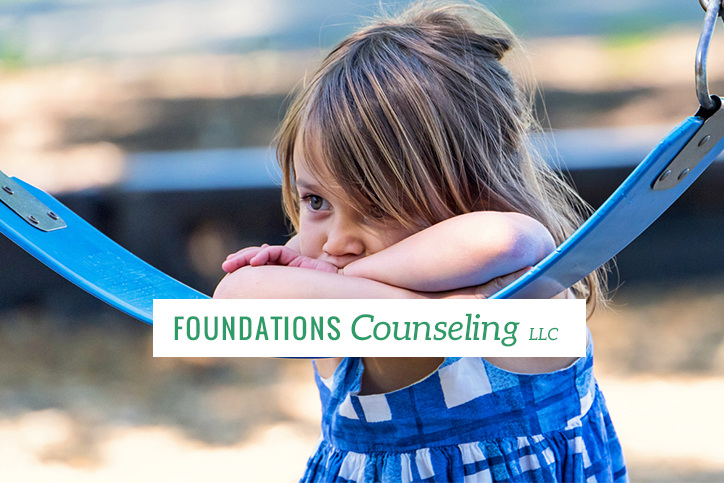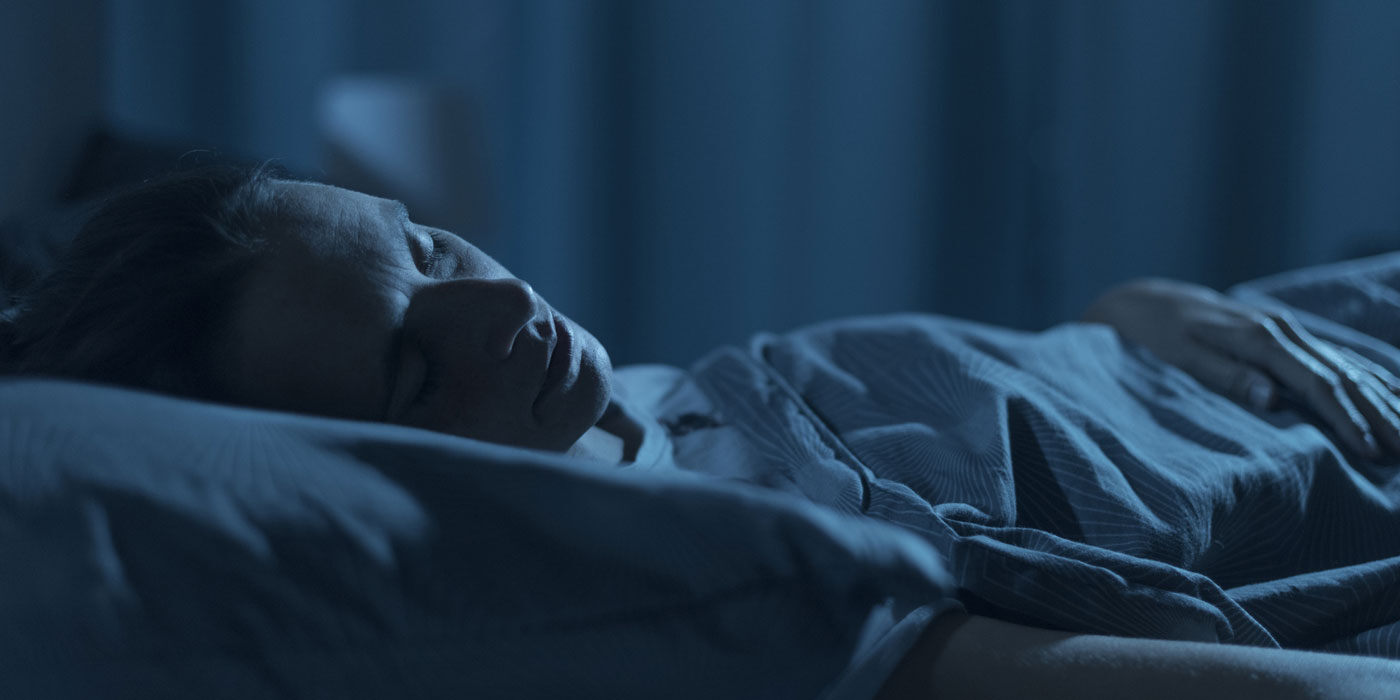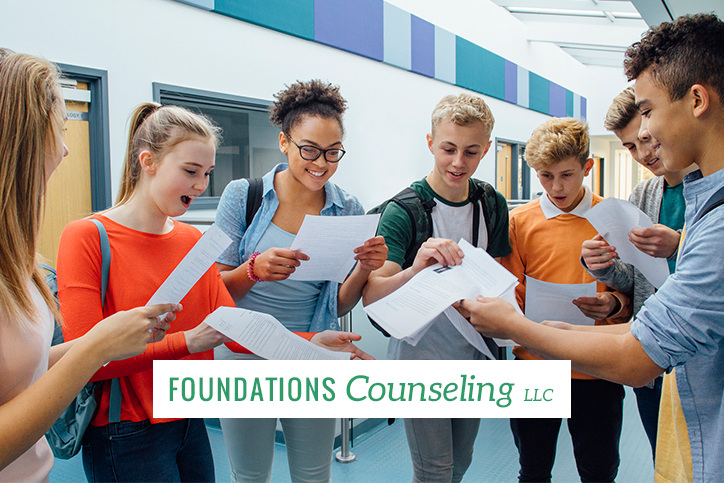Dealing with homework summary The school year kicks off, and suddenly your evenings are a ...
 After Back-to-School: Dealing with More Homework
After Back-to-School: Dealing with More Homework
 After Back-to-School: Dealing with More Homework
After Back-to-School: Dealing with More Homework
Dealing with homework summary The school year kicks off, and suddenly your evenings are a ...
 How to Help Your Child Manage Their Emotions
How to Help Your Child Manage Their Emotions
Helping your child manage their emotions Your kid’s big emotions can feel overwhelming—esp...
 Get Some Sleep! 10 Treatment Options for Insomnia
Get Some Sleep! 10 Treatment Options for Insomnia
Problems falling asleep? - Summary If you’re tired of being tired, this one's for you. Whe...
 Does Prayer Help Anxiety? A Faith-Based Approach to Mental Well-Being
Does Prayer Help Anxiety? A Faith-Based Approach to Mental Well-Being
Does prayer help anxiety? - Summary If you’ve ever prayed for peace but still felt anxious...
 Raising Kids Without Losing Yourself: A Guide to Managing Parental Burnout
Raising Kids Without Losing Yourself: A Guide to Managing Parental Burnout
How do i raise my kids without losing myself? - Summary You love your kids—but you're runn...
 6 Tips for Better Communication with Your Partner
6 Tips for Better Communication with Your Partner
Need tips for better communication with your partner? - Summary You’re not imagining it—co...

At Foundations, you're assured the right counselor match. If your initial pairing doesn't meet your needs, you can request a new counselor for free. This guarantee enhances your comfort and therapy effectiveness, ensuring a seamless and client-centered process focused on your satisfaction.

 Finding a Healthy Balance Between We and Me
Finding a Healthy Balance Between We and Me
LOOKING FOR A HEALTHY BALANCE BETWEEN WE & ME? - SUMMARY Being in a relationship doesn’t m...
 Five Things to Remember as Your Teenager Seeks Independence
Five Things to Remember as Your Teenager Seeks Independence
Is your teenager seeking independence? - Summary Watching your teenager pull away can feel...
 What a Healthy Relationship Feels Like After Abuse
What a Healthy Relationship Feels Like After Abuse
How to Recognize Safety, Respect, and Emotional Stability After an Abusive Relationship Ke...
 Too Depressed to Get Out of Bed? Try These Gentle Routines for Low-Energy Days
Too Depressed to Get Out of Bed? Try These Gentle Routines for Low-Energy Days
 6 Somatic Exercises to Try When You're Feeling Anxious
6 Somatic Exercises to Try When You're Feeling Anxious
 What to Do if Your Partner Is Always on Their Phone
What to Do if Your Partner Is Always on Their Phone
How to Approach Your Partner’s Phone Addiction with Empathy and Kindness Have you ever loo...

Foundations' "Growth Beyond Healing" approach to therapy focuses on more than just your recovery; it aims for your personal development. This method combines traditional therapeutic techniques with activities that foster self-discovery and life skills. By emphasizing both healing and growth, you are equipped not only to overcome challenges but also to thrive. This holistic strategy helps you build resilience and achieve lasting wellness.

 The Impact of Childhood Experiences on Your Marriage
The Impact of Childhood Experiences on Your Marriage
Recognizing How Your Earliest Relationships Influence Your Marriage Have you ever noticed ...
 Harnessing the Power of Positivity: Four Effective Strategies for a Brighter Outlook
Harnessing the Power of Positivity: Four Effective Strategies for a Brighter Outlook
The ancient question of whether the glass is half-empty or half-full extends beyond mere p...
 Creating A Proactive Employee Mental Health Plan: Essential For Business Success
Creating A Proactive Employee Mental Health Plan: Essential For Business Success
Mental health strategies for the workplace The importance of mental health and emotional w...
 4 Steps to a Brighter Outlook
4 Steps to a Brighter Outlook
Harnessing the Power of Positivity: Four Effective Strategies for a BrighTer Outlook The a...
 Bipolar Disorder: The Signs and Treatment
Bipolar Disorder: The Signs and Treatment
Bipolar disorder is a treatable illness marked by extreme changes in mood, thought, energy...
 Divorce Recovery - After Your Marriage
Divorce Recovery - After Your Marriage

Explore our Healing Library, a comprehensive resource with valuable content to support your mental health journey. Discover tools, articles, and insights that empower you toward personal growth and emotional resilience.

Take the first step towards healing and personal growth with Foundations. Schedule your free consultation now and discover how our expert therapists can support you in achieving your mental health and wellness goals.

Start your journey with a therapist you can trust, and experience personalized therapy that’s right for you. Meet with as many counselors as you need until you find the perfect fit.